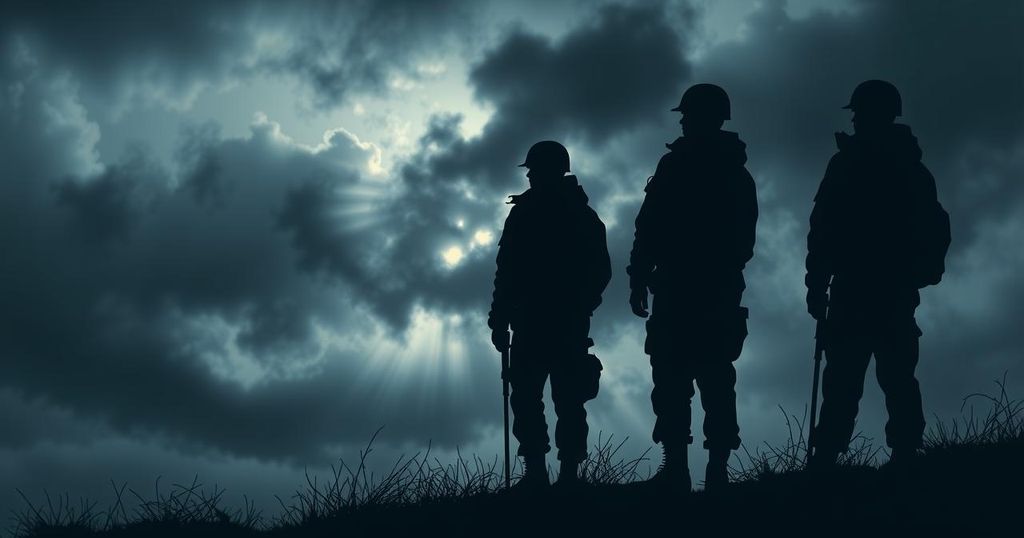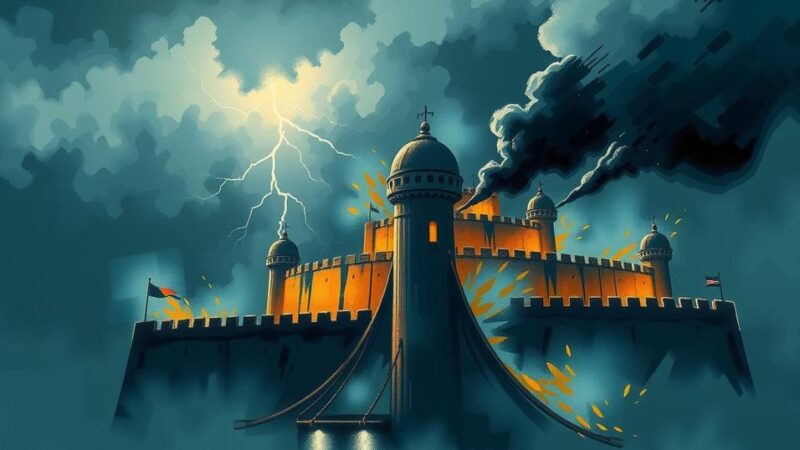Canadian Afghan war veterans express anger at Trump’s threats towards Canada, feeling betrayed despite their sacrifices alongside U.S. troops. The dismay reflects on historical ties and the nature of contemporary U.S. leadership, as veterans like Corporal Moncur and Major-General Thompson articulate their complex emotions regarding alliance and political rhetoric.
Canadian Afghan war veterans are expressing feelings of anger and betrayal toward former President Donald Trump’s administration due to its threats against Canada and allies like Ukraine. The veterans feel a deep sense of dismay as they reflect on the sacrifices made alongside American troops in Afghanistan following the September 11 attacks. A viral meme capturing the essence of their sentiment states: “We went because you were attacked. We didn’t ask for your thanks. Neither did 158 of us who died for you.” This evokes the poignant memory of Canadians who fought valiantly in Afghanistan, leading to frustration over Trump’s recent rhetoric.
Retired Corporal Bruce Moncur, affected by the legacy of friendly fire during Operation Medusa, vocalizes his disillusionment with the U.S. leadership and suggests that should another attack occur, his willingness to assist America may be diminished. This sentiment is particularly salient as it coincides with the anniversary of Canada’s military withdrawal from Afghanistan. Moncur articulates his feelings succinctly: “I just think about the idiocy of it.”
Retired Major-General Denis Thompson further contextualizes the situation, urging Canadian veterans to differentiate between U.S. troops and the current administration. He highlights widespread discontent among American service members regarding the president’s comments, emphasizing their longstanding alliance. Thompson claims, “I understand that Canadian soldiers feel betrayed,” noting that many American veterans share this sentiment but remain loyal to their chain of command.
Reflecting on the historical cooperation between Canadian and American forces, Thompson recalls the deep bonds formed during their joint operations. He describes how these connections persisted despite the troubling nature of Trump’s comments, stressing that it is not a reflection of U.S. military attitudes. Furthermore, he expresses skepticism regarding the feasibility of Trump’s proposed annexation of Canada, suggesting that the American public does not support such actions. He states, “I don’t think it’s a possibility, militarily,” underscoring the complex dynamics of U.S.-Canada relations amid political tension.
The emotional turmoil expressed by Canadian Afghan veterans stems from perceived betrayal by the Trump administration, particularly regarding threats toward Canada and allies like Ukraine. Veterans feel this sense of discontent is compounded by their sacrifices in Afghanistan, where they stood united with American forces. The sentiments of individuals such as Corporal Moncur and Major-General Thompson underline a complex emotional landscape, marked by camaraderie and confusion, as these veterans grapple with the political statements of U.S. leadership. Ultimately, the bonds forged in conflict persist, even amid current tensions.
Original Source: www.cbc.ca






